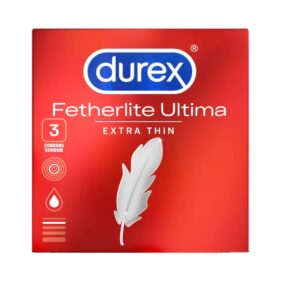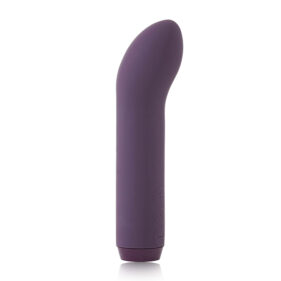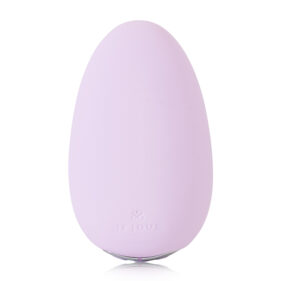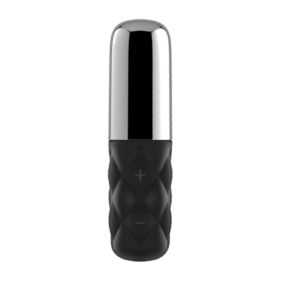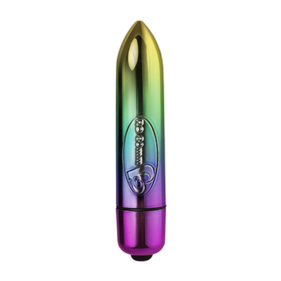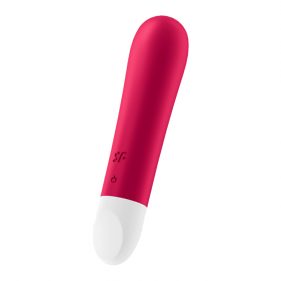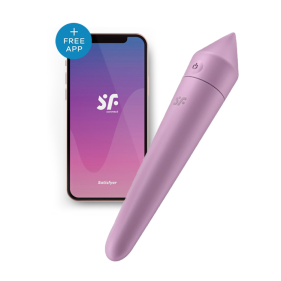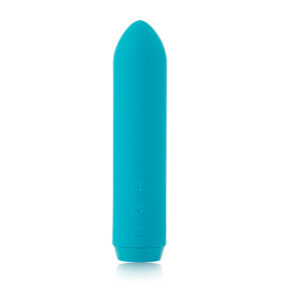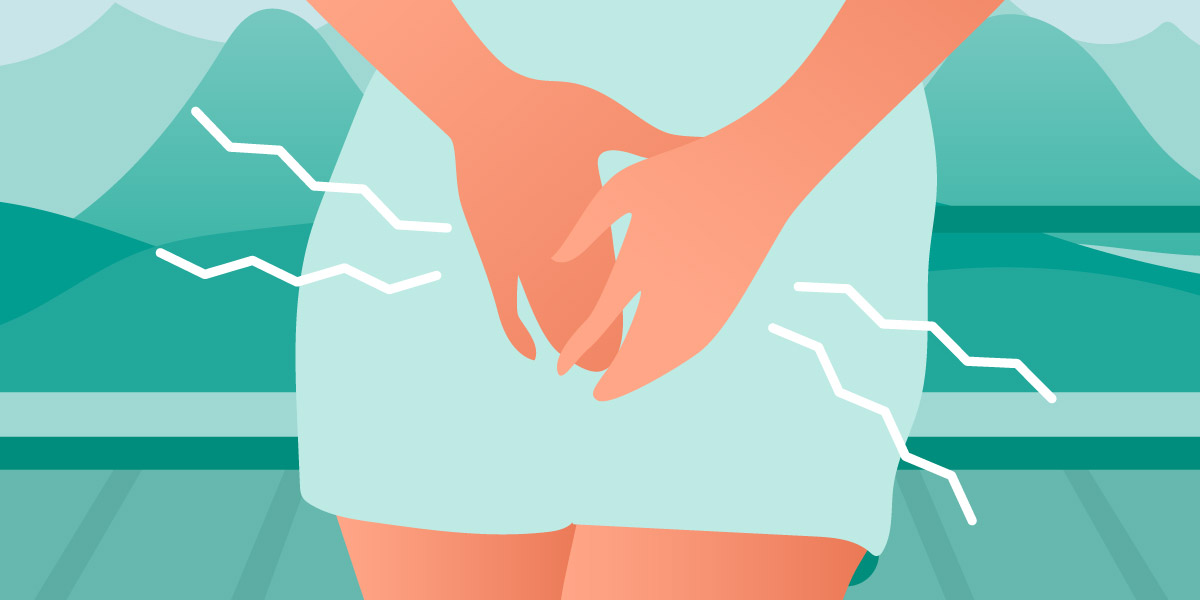
This article about genital herpes is meant to be a source of valuable information for the reader; however, it is not a substitute for direct expert assistance. Seek help from a professional therapist or counselor if you’re experiencing a severe case of this condition.
Feeling some unexpected guests in your privates? Painful blisters? Persistent itching? Well, if you’ve been having unprotected sex lately, there is a chance that it might be genital herpes.
But hold up, don’t go into panic mode yet. First things first, those mysterious blisters might not even be caused by genital herpes. And even if this is the case, fear not! Armed with the right information, managing this infection is a breeze— and that’s where we swoop in with the deets!
This guide will share the ins and outs of genital herpes, including temporary remedies that you can do to soothe those itchy and painful sensations. Whether you’re curious about this condition or have similar symptoms, we’re here to help.
What is Genital Herpes?

Genital herpes is a sexually transmitted infection that causes painful blisters in the genital area and mouth, lasting for two to three weeks. However, there are people who don’t experience blisters and other symptoms.
How does it get around? It’s passed on through vaginal, anal, or oral sex. It’s incurable but easily managed as long as you take the necessary medications and follow the at-home care instructions.
Causes
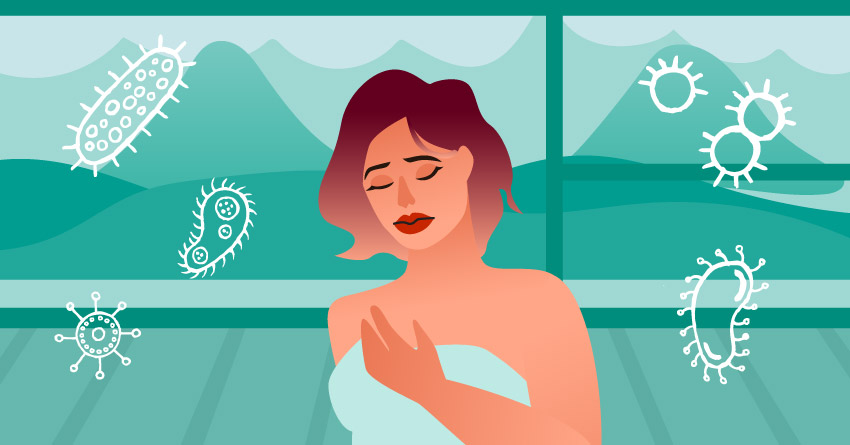
Genital herpes is caused by the Herpes Simplex Virus, specifically the herpes simplex virus type 1 (HSV-1) and herpes simplex virus type 2 (HSV-2).
The first type main is pretty common and is usually passed on through touching, kissing, and sharing personal items with an HSV-positive individual. You can also get HSV-1 if you perform oral sex on someone else.
On the flip side, HSV-2 can be transmitted through sexual activities only, particularly with vaginal or anal sex; the virus can be on the skin or in genital fluids.
Symptoms

Genital herpes often gets confused with other sores, making it a bit tricky to identify. But here’s the deal— if you suspect you have this condition, pay attention to any accompanying symptoms.
General Symptoms
- Headaches
- Body aches
- Fever
- Swollen lymph glands
- Blisters in the mouth, lips, face, and other parts of the body
- Painful urination
For People With Vaginas
- Blisters in different parts of the vulva, vagina, and anus; they may open up and ooze fluids.
- Smelly and “fishy” discharge
- Painful sex
For People With Penises
- Blisters in different parts of the penis and anus; they may open up and ooze fluids.
- Smelly and “fishy” discharge
For Babies Born With Herpes
- Blisters in the face, body, or genitals
Complications

Managing genital herpes can be quite straightforward, especially when you start the medication early. Early medication intervention is key in controlling things and minimizing symptoms.
While it’s uncommon, genital herpes can bring about rare yet impactful complications, such as aseptic meningitis, which is inflammation of the linings of the brain. Though these situations are not the norm, it’s crucial to be aware of potential complications and seek medical attention promptly if you notice any unusual or severe symptoms.
On the other hand, the stakes are high when it comes to babies born with herpes. They can face severe complications like blindness, brain damage, and, tragically, even death.
That’s why it’s absolutely crucial to keep your doctor in the loop if you have symptoms of genital herpes or if you’ve been diagnosed while pregnant. Early detection and management are key to safeguarding your health and the well-being of the little one on the way.
-
₱350.00
-
₱285.00
-
Original price was: ₱190.00.₱165.00Current price is: ₱165.00.
Transmission and Risk Factors
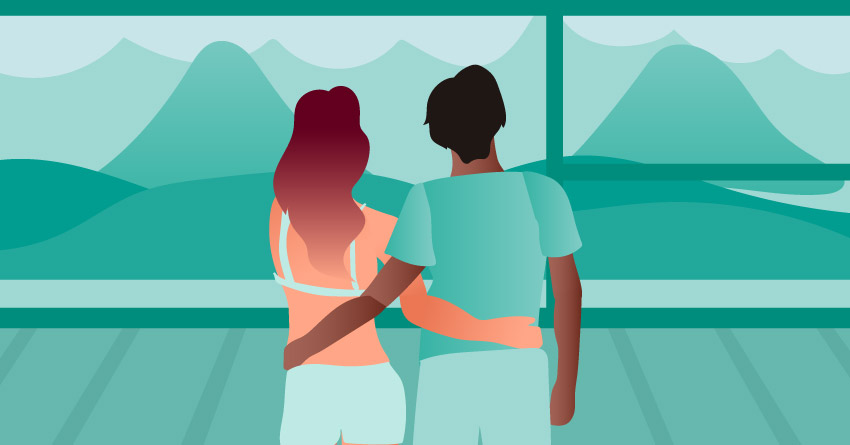
As mentioned earlier, genital herpes can be transmitted through different sexual activities. While skin-to-skin contact is the main route, this sneaky virus can also pop up in semen, saliva, and vaginal secretions. Not only can it be passed on through penetrative activities like vaginal and anal sex, it can also be transmitted through non-penetrative plays such as naked dry humping and oral sex.
People with weakened immune systems are also more likely to get this condition since their body is less capable of fending off infections.
Treatment
Unfortunately, genital herpes is incurable. Once it’s in your system, it’s here to stay. But hey, it’s not all gloom and doom. Medications available can assist in managing and lessening the severity of symptoms.
Another silver lining is the symptoms wouldn’t show up all the time. After the first outbreak (first onset of blisters), it may take some time for another outbreak to show up, especially if you’ve taken up appropriate medication. In most cases, the recurrent outbreaks are also less painful than the first time.
Below are some of the things you can do when having this condition.
1Home Remedies

Once you feel the blisters in your skin, you can temporarily relieve them by showering in warm water or placing an ice pack on the affected areas; it depends on your preferences. You may also need to wear loose clothing to keep the area comfortable. As much as possible, avoid scratching the blisters to prevent it from bursting.
-
₱995.00
-
₱169.00
-
₱1,895.00
-
₱4,045.00
2Medications

While home remedies can relieve the tingling, itching, and pain of the blisters, they’re not a concrete solution for the infection. For that, you’ll need your doctor’s expertise. Antiviral drugs are the practical choice; they help speed up sore healing and reduce discomfort.
Your healthcare provider might also recommend additional medications to lower how often these outbreaks pop up. It’s a pragmatic approach for lasting control.
Prevention
As the good ‘ol saying goes, prevention is better than cure. Here are the proactive steps that you can take to avoid getting this condition.
1Use condoms.

Whether you’re having a special night with your babe or just a last-minute hookup, condoms are a must!
Using condoms isn’t just about preventing unintended pregnancies; it’s also your frontline defense against STIs, including genital herpes. These thin latex barriers act as a robust shield, creating a barrier between your skin and your partner’s, minimizing the risk of HSV-2 transmission.
Not only are they pretty cheap, but they also come in different sizes and variations. They’re also incredibly stretchy, so don’t let the “it doesn’t fit” excuse fool you.
-
₱150.00
-
₱99.00
2Ask for your partner or potential partner’s sexual history.

Opening up about sexual history may seem like a delicate matter, but it’s an essential dialogue for the well-being of both partners. We understand that it can be awkward, but this transparency sets the stage for your partner to reciprocate, fostering an environment where both parties feel comfortable discussing past experiences, potential exposure to STIs, and any preventive measures they have taken.
3Take STI tests with your potential partner.

This prevention tip might be pricey and tedious, but undergoing tests as a couple can be a powerful step toward a safe and informed sexual relationship.
The process is straightforward: schedule a visit to a healthcare professional or clinic for HSV 1 and 2 Detection tests. Many STIs, including genital herpes, can be asymptomatic, meaning they show no visible symptoms. Taking tests together ensures that both partners know their current status, allowing for early detection and timely intervention.
-
₱4,990.00
-
₱2,695.00
-
Original price was: ₱1,495.00.₱747.50Current price is: ₱747.50.
4Don’t have sex with someone who has visible sores.

When it comes to preventing the transmission of genital herpes, one straightforward rule stands out: avoid having sex with someone who has visible sores.
Visible sores often indicate an active herpes outbreak, during which the virus is more likely to be transmitted. While this might seem like common sense, the importance of this guideline cannot be overstated. It’s a practical and immediate measure that places the well-being of both partners at the forefront.
So, if you or your partner is dealing with these sores, it’s time to pause the intimate activities. Yeah, we get it— not the smoothest transition, but it’s necessary.
This break isn’t just about stopping the virus in its tracks; it’s a chance to have an honest conversation about what’s happening. Sure, it might feel like navigating through awkward territory, but it’s way better than dodging the conversation altogether.
-
₱2,695.00
-
₱3,395.00
-
Original price was: ₱4,045.00.₱3,640.50Current price is: ₱3,640.50.
-
₱3,399.00
5Avoid having multiple partners or casual encounters.

When it comes to preventing genital herpes, avoiding multiple partners or casual encounters can significantly reduce the risk of exposure and transmission.
Every time things get intimate, there’s a chance you’re playing a little roulette with potential risks. Now, throw in multiple partners, and you’re upping the odds of bumping into the herpes simplex virus. Don’t get us wrong; you can handle it with the right precautions and open communication lines.
But let’s be real— fewer partners mean fewer chances for unexpected surprises. It’s like simplifying the game board, making the whole intimacy thing a bit more straightforward and chill. Keep it simple, right?
Limiting your sexual partners isn’t about judgment or restricting personal freedom; it’s a strategic move to prioritize your sexual health.
This tip is totally your call. No one’s saying you should shut down your sexplorations just because of a specific infection. Just, you know, keep it in mind the next time you’re thinking about getting cozy with a random someone you just met at a club. Keep the vibes fun, but add a dash of caution when the setting gets a bit unpredictable. You do you, but a little heads-up never hurts, right?
Avoid Genital Herpes Through These Condoms…
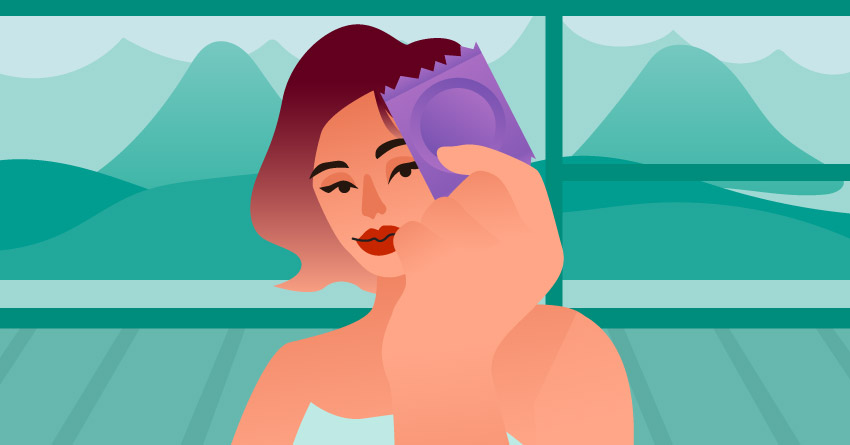
Condoms are a must-have when it comes to preventing genital herpes and other sexually transmitted infections. If you plan to get one for your next naughty meetups, below are some of our top recommendations.
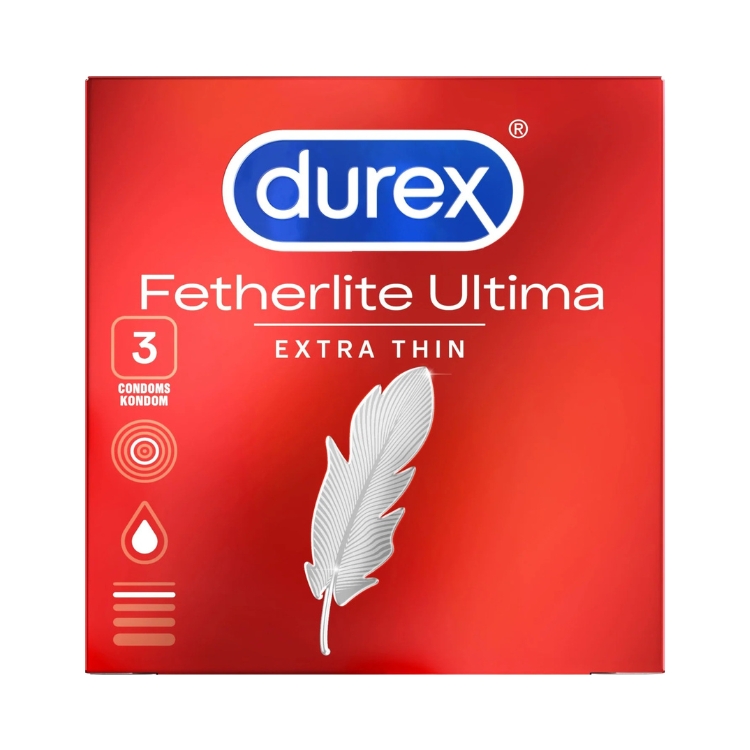

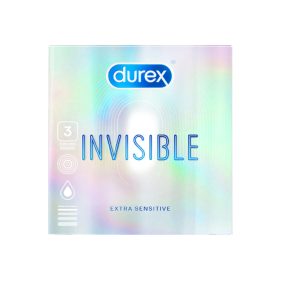

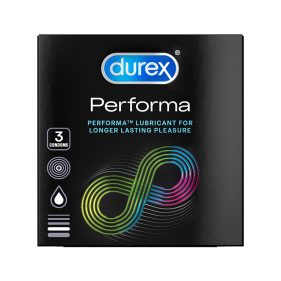
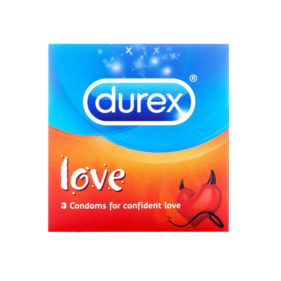


Frequently Asked Questions

After learning the basics, you’re now equipped with everything you need to know about genital herpes. But if you still have questions about this infection, we’ve answered some below.
1Is genital herpes deadly?
This infection isn’t fatal, and the complications are pretty rare. However, the painful blisters, as well as flu-like symptoms, can be incredibly annoying, so it’s still better to take the prescribed medications immediately.
2What are the triggers for herpes?
It depends upon the individual, but stress, illness, sunlight, and menstrual cycle can become an outbreak trigger for herpes. Just take note of these things to prevent the pesky blisters from returning.
3How painful are genital herpes?
The pain level varies from person to person. But since our genitals are pretty sensitive, expect it to sting, especially if the blister starts to ooze out its fluids.
4What’s the difference between cold sores (genital herpes) and canker sores?
Genital herpes and canker sores pick different hangout spots. Genital herpes shows up around the genitals, while canker sores prefer the soft tissue near your teeth or on the roof of your mouth.
Now, regarding looks, canker sores are round, white, and have a red border. Genital herpes, on the other hand, manifests as discolored, inflamed skin with blisters. Different styles, different vibes.
5Does sharing sex toys cause genital herpes?
Yes, it’s possible to get genital herpes through sex toys since these devices come in contact with your genitals. That’s why sharing is a big no-no, especially for casual plays.
Takeaway
Genital herpes is painful, and the whole “incurable” label is definitely a bummer. But hold up, it’s not the end of the world! With the right meds and some at-home TLC, you can manage the symptoms and eventually reclaim your normal life.
Now, the key move here is to be open about it. Let your partner or potential partner in on the scoop. Trust me, they’d appreciate the heads-up. It’s not about dropping the bomb, but more like a friendly FYI. By being upfront, you can figure out the game plan for preventing transmission and outbreaks. Don’t also forget to check in with your healthcare provider for more information.
